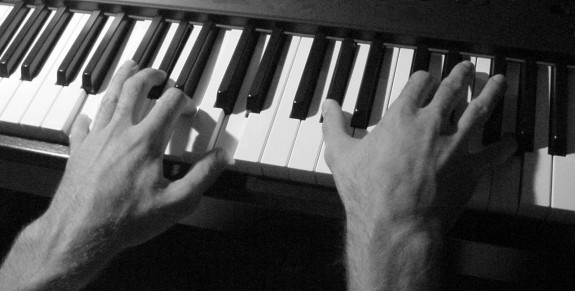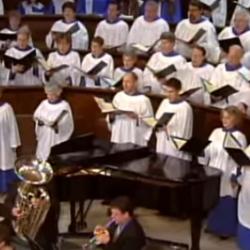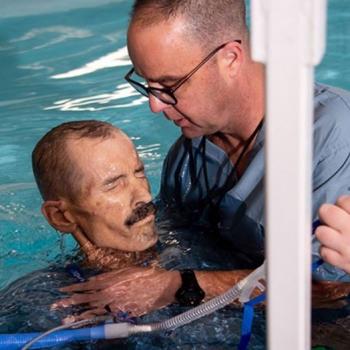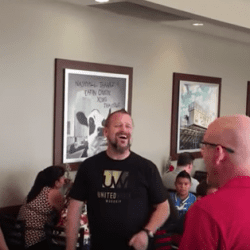
The writer here returns to the piano at the age of 50 — and finds some valuable life lessons in the keyboard:
Many a man or woman upon reaching a certain age will splurge on a Ferrari, trade in city life for a new start as a country squire or wed a trophy spouse. My gift to myself was getting back to middle C.
Nine years ago, at age 50, I signed up for piano lessons. Again. I first began playing when I was 8. From then on, music—from Bach to Broadway to the Beatles—filled my days. But as I passed from young adulthood into my 30s and 40s, the only keyboard I found myself using regularly was the one connected to my computer. In my dreams, I still cherished the fantasy of jamming with my two favorite “Arts”—Rubinstein and Tatum. But the reality was, my fingers were rusty.
Then, a couple of years after my husband’s death, a music-loving friend had an intuition: returning to the ivories, she said, would be just the thing to help my sagging spirit sing. Call her son’s piano teacher, she insisted; you won’t regret it.
The very suggestion reminded me of how much I missed playing regularly, from the simple joy of learning a new melody to the physical sensation of letting my fingers scale up and down the keyboard. As a schoolgirl, I had loved to bang out the musical accompaniment to the rock, pop and folk hits of the moment as my friends sang along. The piano had provided solace, too: The bass vibrations had resonated through my entire being, consoling me after my mother’s too-early death. Sweetest of all, the tinkly upper notes had tantalized my infant son from the get-go, and as a toddler he reveled in plunking along on his own toy piano.
Over the years, that baby boy had grown into a bass-guitar-playing teenager, and although we may have had disagreements about the definition of “too loud,” I smiled as I heard his musical skills develop. He practiced because he loved to—but his teacher also served as a guide to structure his practice and instill the self-discipline that practice required.
As I thought about it, I realized that my friend had connected the musical dots before I did: Without a guide, I gradually had lost the discipline to play, and keep on playing regularly. I made an appointment to meet my new teacher.
His name was Paul Sheftel, and my first lesson was about lessons themselves: that they aren’t just for children and absolute beginners, as I had once assumed. (These days, resources for finding teachers can include music schools and continuing-education departments, as well as community centers and music stores—not to mention a host of computer-related or web-based programs and DVDs for those who prefer a more high-tech route.)
And thankfully, the reign-of-terror style favored by the prickly scolds who first trained me was no longer in favor. Paul welcomed me as a colleague in music making, and I viewed him as a collaborator eager to share his expertise. Most refreshing of all, he took the sting off my wrong notes by owning up to his errors when he took to the keyboard to demonstrate a difficult passage.
And that was the second lesson: There is a wisdom to wrong notes.











